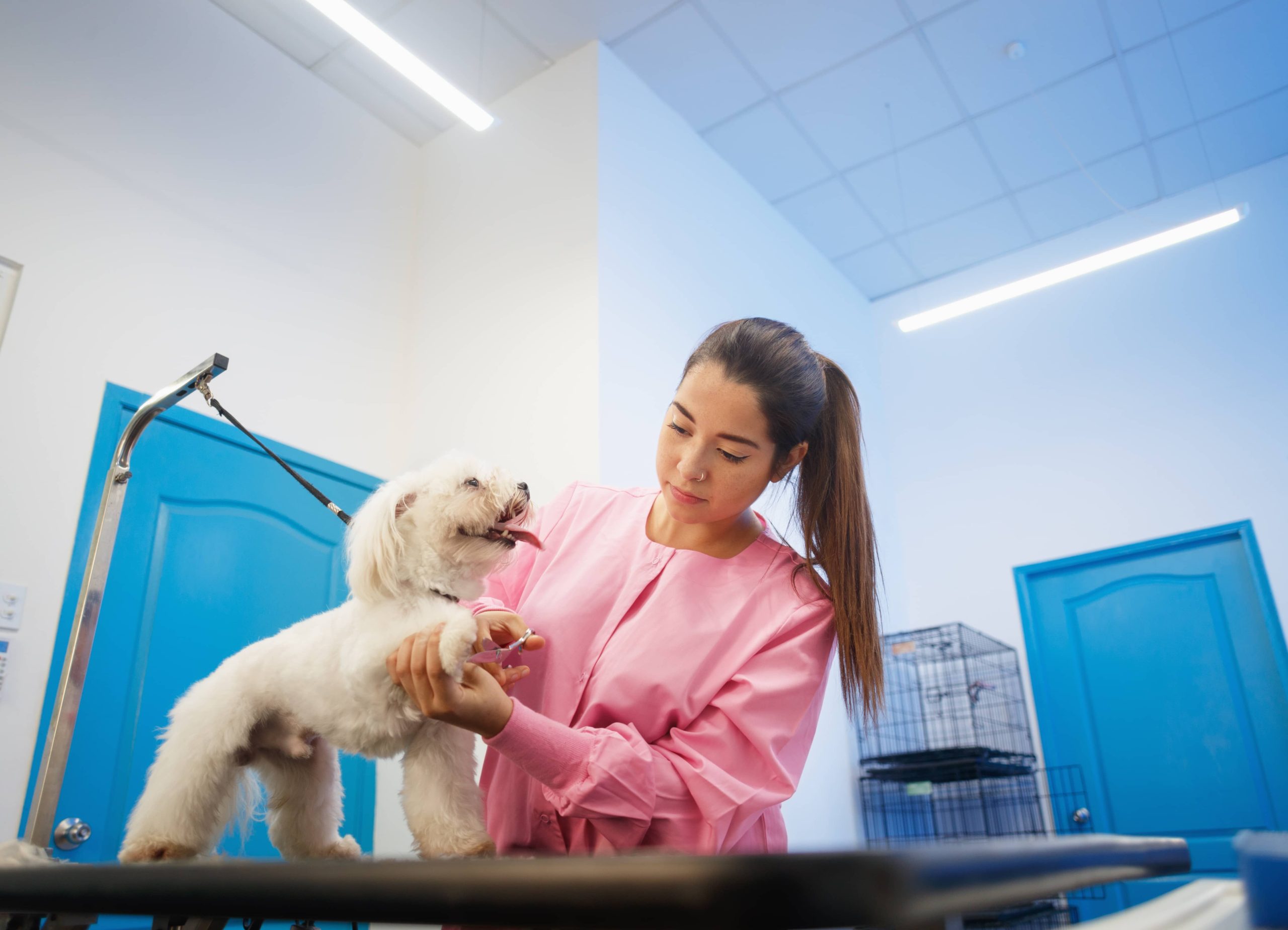
As pet owners, we are always looking for ways to improve the health and well-being of our furry friends. One trend that has been gaining traction in recent years is the use of probiotics for pets. Just as in humans, probiotics offer a multitude of benefits for our pets, from improving digestive health to boosting the immune system. In this blog post, we will delve into what probiotics are, how they work, and the myriad advantages they offer to our pets.
What Are Probiotics?
Probiotics are live microorganisms, primarily bacteria and yeasts, that offer health benefits when consumed in adequate amounts. Often referred to as “good” or “beneficial” bacteria, these microorganisms help maintain the balance of microflora in the gut. For our pets, the most commonly used strains include Lactobacillus, Bifidobacterium, and Enterococcus species.
How Do Probiotics Work?
The primary function of probiotics is to balance the gut flora, effectively outcompeting the “bad” bacteria that can cause illness. They do this by adhering to the gut lining, producing substances that inhibit harmful bacteria, and enhancing the barrier function of the gut lining. This balance is crucial for overall health, as it directly impacts digestion, nutrient absorption, and immune function.
Benefits of Probiotics for Pets
1. Enhanced Digestive Health
One of the most frequently mentioned benefits of probiotics is their ability to improve digestive health. Pets, just like humans, can suffer from a range of digestive issues, including diarrhea, constipation, and irritable bowel syndrome (IBS). Probiotics help regulate bowel movements and can be especially beneficial for pets who have sensitive stomachs or who frequently experience gastrointestinal distress.
2. Immune System Support
A significant portion of the immune system resides in the gut. By promoting a healthy gut flora, probiotics help boost the immune system, making your pet more resistant to infections and diseases. In fact, some studies have shown that probiotics can reduce the incidence of respiratory infections and skin allergies in pets.
3. Improved Skin and Coat Health
Who doesn’t love a shiny, healthy coat on their pet? Probiotics can lead to improvements in skin and coat health by reducing inflammation and allergies. Many skin conditions, including dermatitis and hot spots, can be alleviated by maintaining a balanced gut flora. The reduction in gastrointestinal inflammation also often leads to healthier skin and a shinier coat.
4. Alleviation of Allergies
Probiotics can help mitigate the symptoms of allergies in pets. Allergies often stem from an overactive immune response, which can be regulated through a healthier gut microbiome. By introducing probiotics into your pet’s diet, you may see a reduction in symptoms such as itching, redness, and even gastrointestinal issues related to food sensitivities.
5. Behavioral Benefits
Believe it or not, there is a connection between gut health and behavior—a concept often referred to as the “gut-brain axis.” A balanced gut flora can positively affect your pet’s mood and behavior. Pets with a healthy gut are less likely to experience anxiety, depression, and hyperactivity. So, if your pet has been unusually nervous or irritable, probiotics might offer some relief.
6. Post-Antibiotic Recovery
Antibiotics, while necessary for fighting bacterial infections, can wreak havoc on the gut flora by killing off beneficial bacteria along with the harmful ones. If your pet has recently undergone antibiotic treatment, probiotics can help quickly restore the natural balance of the gut microbiome, reducing the risk of secondary infections and improving overall recovery.
How to Incorporate Probiotics Into Your Pet’s Diet
1. Probiotic Supplements
One of the easiest ways to introduce probiotics into your pet’s diet is through supplements, available in various forms such as powder, capsules, and chews. Always consult your veterinarian before starting any new supplement to ensure you are giving an appropriate dose and using a reputable product.
2. Probiotic-Rich Foods
Some pet foods are fortified with probiotics, providing a convenient way to incorporate these beneficial bacteria into your pet’s daily diet. Look for high-quality pet food brands that include probiotics or beneficial bacteria in their ingredient list.
3. Natural Sources
Certain foods naturally contain probiotics, including yogurt and kefir. However, it is essential to consult with your veterinarian before feeding these to your pet, as not all pets can tolerate dairy products, and the type of probiotics in human food may not be suitable for pets.
Conclusion
Probiotics offer a multitude of benefits that can significantly enhance your pet’s health and well-being. From improving digestive health to boosting the immune system and even alleviating behavioral issues, these beneficial bacteria are a powerful tool in maintaining your pet’s overall health. Before starting any new supplement regimen, it’s crucial to consult with your veterinarian to ensure it’s safe and suitable for your furry friend.
Ensuring a balanced gut flora for your pet can lead to a happier, healthier life, making probiotics a worthy consideration for every pet owner. So next time you’re pondering ways to enhance your pet’s health, don’t overlook the potential of these microscopic powerhouses!






